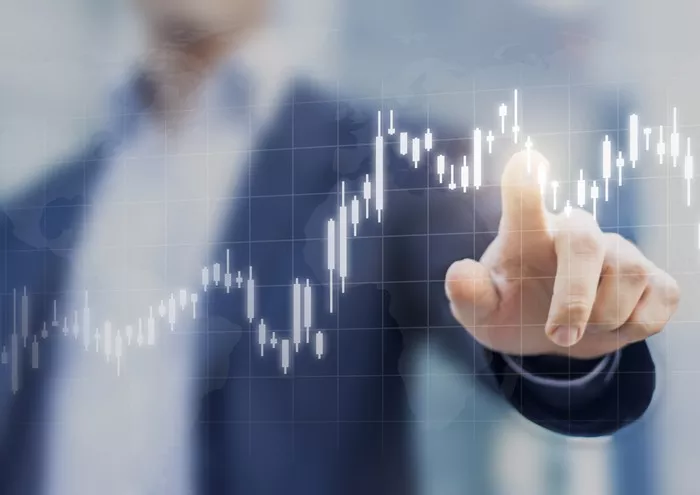Futures contracts are financial instruments that allow buyers and sellers to agree to the future delivery of a specific asset at a predetermined price. Futures markets play an important role in global trade and finance, with billions of dollars in contracts traded every day. Understanding how futures prices are determined is crucial for investors and traders looking to participate in these markets. In this article, we will explore the key factors that influence futures prices and how they are determined.
Introduction to Futures Markets
Futures markets allow traders and investors to buy and sell contracts that represent an underlying asset, such as commodities, stocks, or currencies. The contract specifies the price at which the asset will be bought or sold in the future, the quantity of the asset, and the delivery date. Futures contracts can be used to hedge against price fluctuations, speculate on price movements, or gain exposure to an asset class.
Factors That Influence Futures Prices
The price of a futures contract is determined by a variety of factors, including supply and demand, market sentiment, and fundamental factors related to the underlying asset. Here are some of the key factors that can influence futures prices:
-
Supply and Demand
Like any market, futures prices are driven by the forces of supply and demand. If there is a higher demand for a particular futures contract than there is supply, the price will increase. Conversely, if there is more supply than demand, the price will decrease.
-
Market Sentiment
Market sentiment refers to the overall mood or attitude of traders and investors towards a particular asset or market. Positive sentiment can lead to increased buying activity and higher prices, while negative sentiment can lead to selling activity and lower prices.
-
Fundamental Factors
Fundamental factors refer to the underlying economic and market conditions that can impact the price of an asset. For example, in the case of commodity futures, factors such as supply and demand, weather conditions, and geopolitical events can all impact the price of the underlying asset and, therefore, the price of the futures contract.
-
Technical Factors
Technical factors refer to the analysis of historical price and volume data to identify trends and patterns that can help predict future price movements. Technical analysts use charts and other tools to identify key levels of support and resistance, as well as indicators that can signal potential buying or selling opportunities.
How Futures Prices are Determined
Futures prices are determined through a process of price discovery, which involves buyers and sellers negotiating the price of the contract based on the factors outlined above. Here are the key steps involved in the price discovery process:
-
Bid and Ask Prices
When a futures contract is traded, there are two prices involved: the bid price and the ask price. The bid price represents the highest price that a buyer is willing to pay for the contract, while the ask price represents the lowest price that a seller is willing to accept.
-
Order Book
The order book is a record of all outstanding orders to buy and sell a particular futures contract. The order book displays the bid and ask prices, as well as the quantity of contracts that are available at each price level.
-
Matching Buyers and Sellers
When a buyer and seller agree on a price for a futures contract, a trade is executed, and the contract is exchanged. The exchange acts as an intermediary, matching buyers and sellers and providing a platform for the exchange of the underlying asset.
-
Settlement Price
At the end of each trading day, the settlement price is determined based on the price of the last trade that was executed. This price is used to calculate the daily profit and loss for traders and investors holding open futures positions.
Conclusion
Futures markets play a critical role in global trade and finance, providing a platform for buyers and sellers to exchange contracts representing a wide range of assets. The price of futures contracts is determined by a variety of factors, including supply and demand, market sentiment, fundamental factors, and technical factors. The price discovery process involves buyers and sellers negotiating the price of the contract based on these factors, and the exchange acts as an intermediary, matching buyers and sellers and providing a platform for the exchange of the underlying asset. Understanding how futures prices are determined is crucial for investors and traders looking to participate in these markets, and can help inform investment decisions and risk management strategies.


